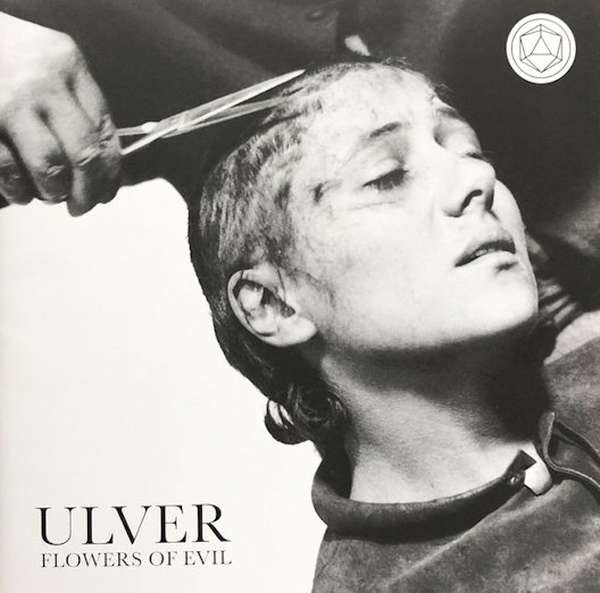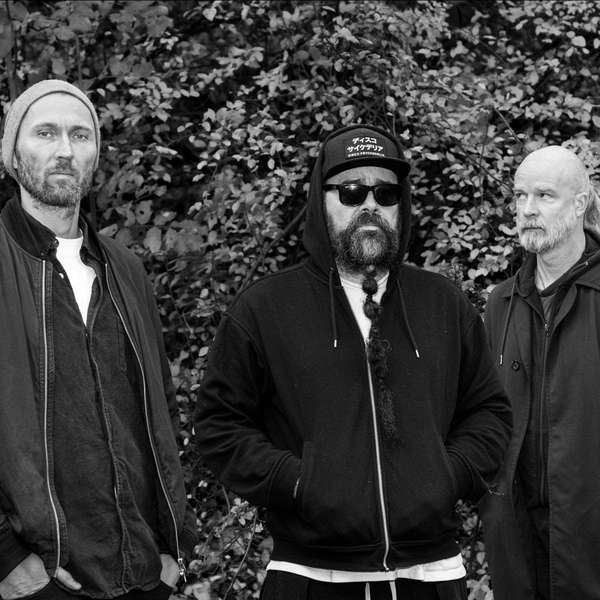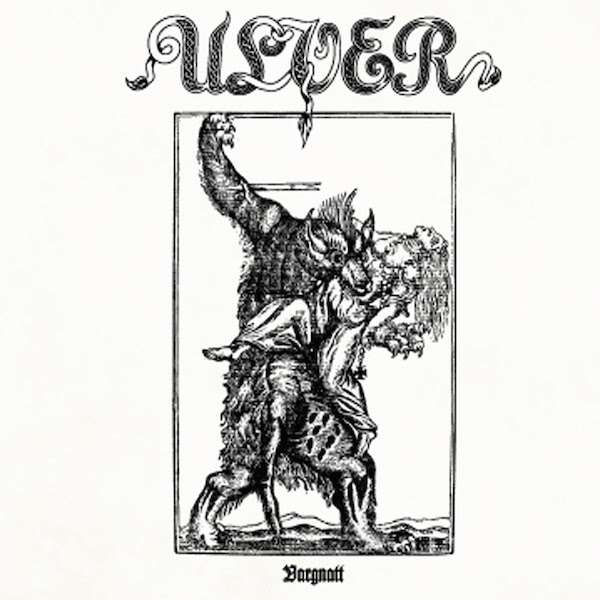It’s no secret that Ulver have long since moved on from their black metal past and while the Norwegians have firmly left the harsh, cold winters behind, their music still moves in less than positive circles – at least when it comes to the subject matter. The Ulver of 2020 plays in the pantheon of synth-driven pop, however, the lyrical approach is decidedly less upbeat than the music would suggest. As their official history book professes, Wolves Evolve, although it seems that some traits are hard to forget.
Flowers of Evil is a diatribe on corruption and could be seen as a literary follow-up to 2017s The Assassination of Julius Caesar - which spoke of the downfall of Rome in grand metaphors and modern comparisons – and as such the foundations of the previous record lay down the base elements of this new release. As with The Assassination of Julius Caesar, Ulver plumb the depths of synthesised sound to create huge landscapes and images that twist themselves into a heady narrative.
Kristoffer Rygg’s voice is our guide on this journey to collapsed societies and broken regimes and it’s one that is both beautiful and deadly – how could such soothing sounds be the harbinger of doom? As Flowers of Evil progresses we get the sense that this story is one that has been told countless times through the ages and that as governments rise with the promise of change, the people soon come to realise that change is not forthcoming and that instead, they are left with the ashes of their lives lying all around.
“One Last Dance” lays out the record’s intent quite succinctly in its opening movements as synths make up the core of the song and Rygg’s voice calls out for a final moment of peace in a world of fire. Flowers of Evil is slightly more stripped back than its predecessor in the sense that the electronic beats are given much more room to breathe, to be appreciated and to be balanced against the horror of the words that overlay it all. Because of this, the album does take its time to grow and flourish but its not to the detriment of the music or the band, this is a different approach and it being less “immediate” than The Assassination of Julius Caesar is due to the band taking a more nuanced look at what they want to say. By listening to Flowers of Evil several times new narratives and imagery will reveal themselves and allow for a greater understanding of the themes on offer.
The imagery of Flowers of Evil is intense at times with songs curating their own personal mood in the opening sections before fully opening up. While the images are layered in metaphors and filtered through Ulver’s lens, there is something very powerful about songs such as “Machine Guns and Peacock Feathers” which moves through biblical references, smooth grooves, gorgeous harmonies from Sisi Sumbundu and Mimmi Tamba and soon ends up in the modern digital age and its pitfalls.
The dark, 80s beats of “Hour of the Wolf” harks back to the cover of “Power of Love” on 2017s Sic Transit Gloria Mundi, an EP and companion piece to The Assassination of Julius Caesar, with a vocal line that is seemingly transplanted into the new song and rhythms that echo with sorrow as it spirals into nightmares and disturbing visons. It is opposite in structure to the following “Apocalypse 1993” which features a bouncing beat and lyrics that speak of the siege at Waco in 1993. It’s a stark contrast to the preceding track but Ulver are adept at bringing hard topics to the fore in the guise of something much more pleasant, making the tragedy easier to digest – perhaps this is also a downfall of humanity, that we can handle terror only when it’s packaged in a more understandable or fantastical way? Ulver surely think so.
The martial stomp of “Little Boy” hides more biblical references within its walls and speaks of John the Baptist who was beheaded due to rejecting the advances of the daughter of the man who kept him prisoner. His story has been told many times though literature and the art world and is a interesting cipher for the powerful people of the world doing what they want to get what they want, without any regard or thought for who might get hurt in the process. “Nostalgia,” then, looks back at the past with more than hint of regret and the funky 70s disco groove goes someway in disguising the sadness that is present in the lyrics:
It was beautiful when we left
The autumn leaves
Brothers Lionheart
Forever young
Final song “A Thousand Cuts” closes Flowers of Evil on poetic, albeit crushing, steps towards a tortuous end. The song makes reference to the exploitation of children – much as “Russian Doll” does earlier on the album – and uses the cult film Salò as its motivation (inspiration seems too generous a word here, one should not be positively inspired by such images) to talk about hard hitting subjects. Flowers of Evil is a dark record that is housed within a shimmering orb of sound. One should not forget about the horrors of the past or those that are occurring right now and Ulver are using historical texts and events, art and literature to pull their ideas together – that the world will crumble under the gaze of those in power yet we are the ones who must pick up the pieces.






